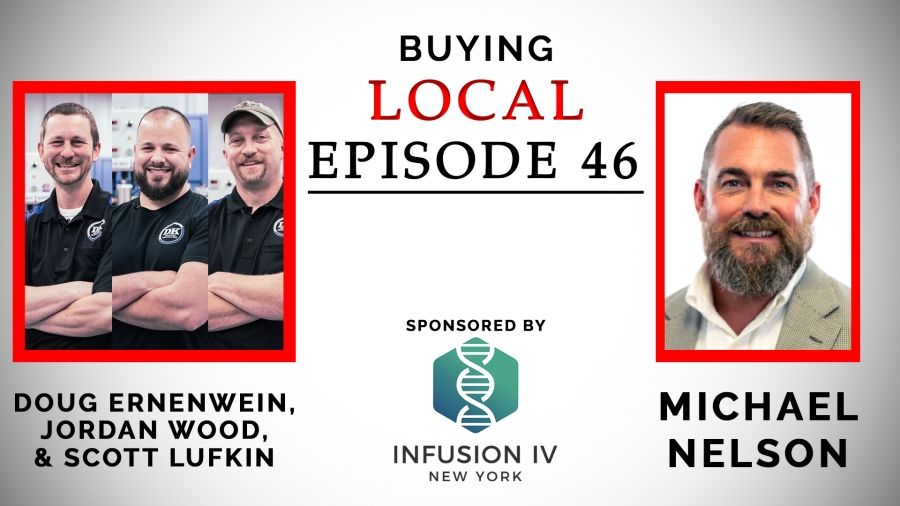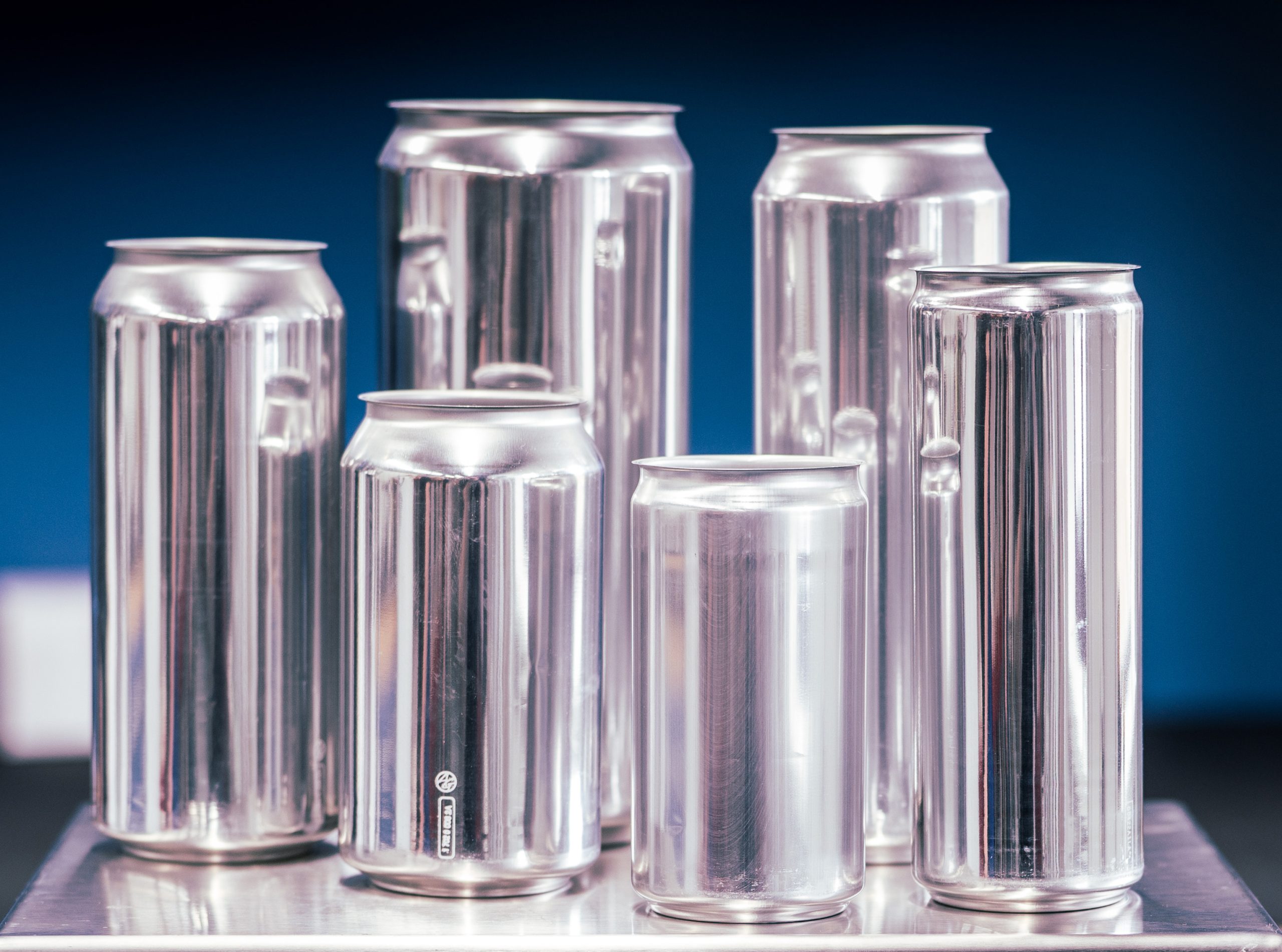Brix Cider
Customer spotlight:
BRIX CIDER
How they got started:
Cider, Sweat, and Teamwork.
It began with Marie and Matt Raboin, as they embarked on the journey of realizing a shared dream called Brix Cider. Over the course of several years and numerous glasses of cider, the concept took shape. Support and assistance flowed in from friends and family, who generously dedicated their time and effort to tasks ranging from farm cleanup and tree planting to cider production and tasting.
In moments of need, reliable babysitters also played a crucial role. The venture would undoubtedly be adrift without the collective support received. Since the modest outset, a skilled team of individuals has joined the cause, contributing their expertise to nurture the growth of the business and turn the founders’ aspirations into reality.
In the heart of Wisconsin’s rich orcharding tradition, where weather whims make apple cultivation an intricate dance, Marie and Matt have added a unique twist. Recognizing that even the tastiest apples may fall short of today’s beauty standards, they’ve become champions for local orchards. By providing an outlet for second-quality apples that would otherwise be deemed losses, they’ve turned imperfection into opportunity.
With over 25 orchards, including their own, in their harvest mix, the Raboins view each apple’s quirks as a chance to infuse character into their small-batch ciders. They’ve found that imperfection is the secret ingredient, enhancing the depth of flavor in every sip. Each orchard contributes its own distinct characteristics and apple varieties, allowing for a vibrant palette of flavors. This diversity not only makes each batch unique but also opens the door to creative experimentation with other locally-sourced ingredients, harmonizing with the distinct flavor profile of each orchard’s harvest.
The Brix Cider team using their Microbottler solution to bottle their product “super-fast”! A three person team is a piece of cake with this set-up.
43.008177,-89.738306
Brix Cider
BRIX CIDER
119 S 2nd St
Mt Horeb, WI 53572






